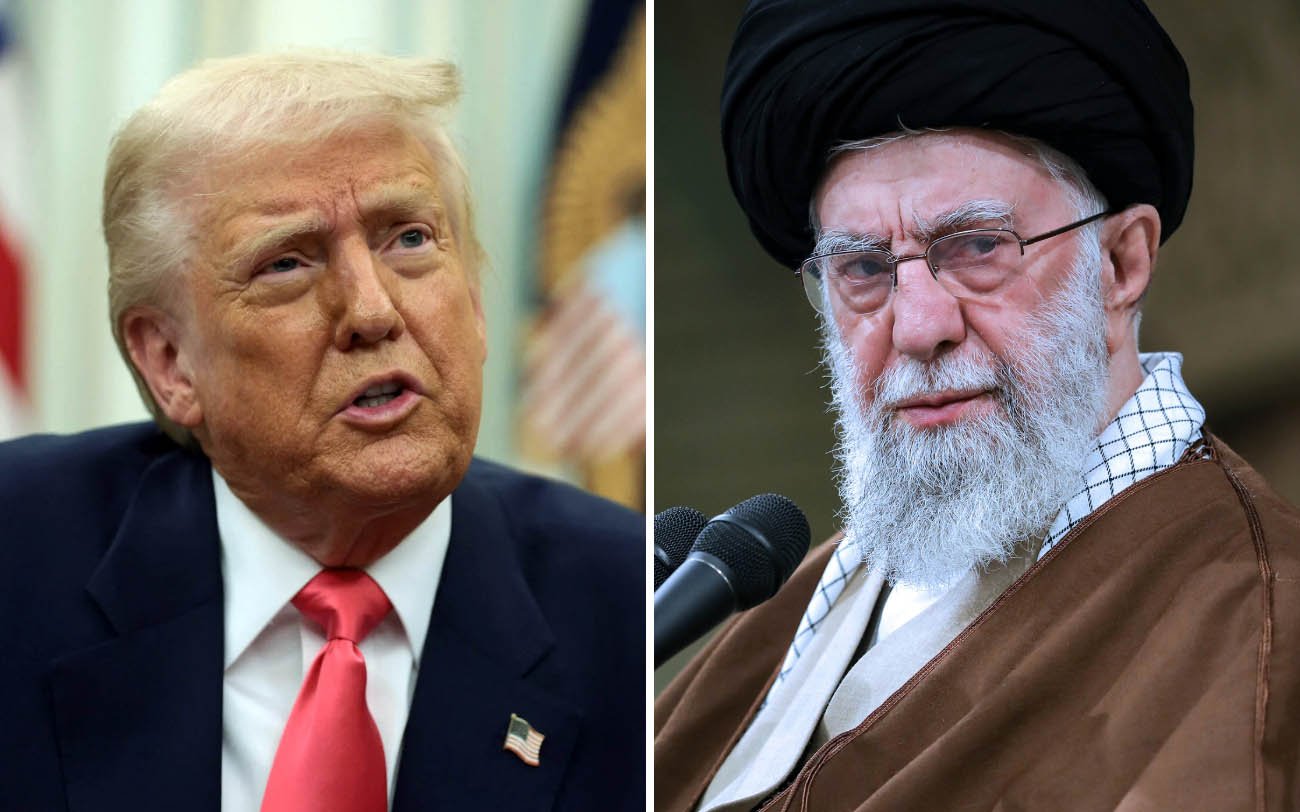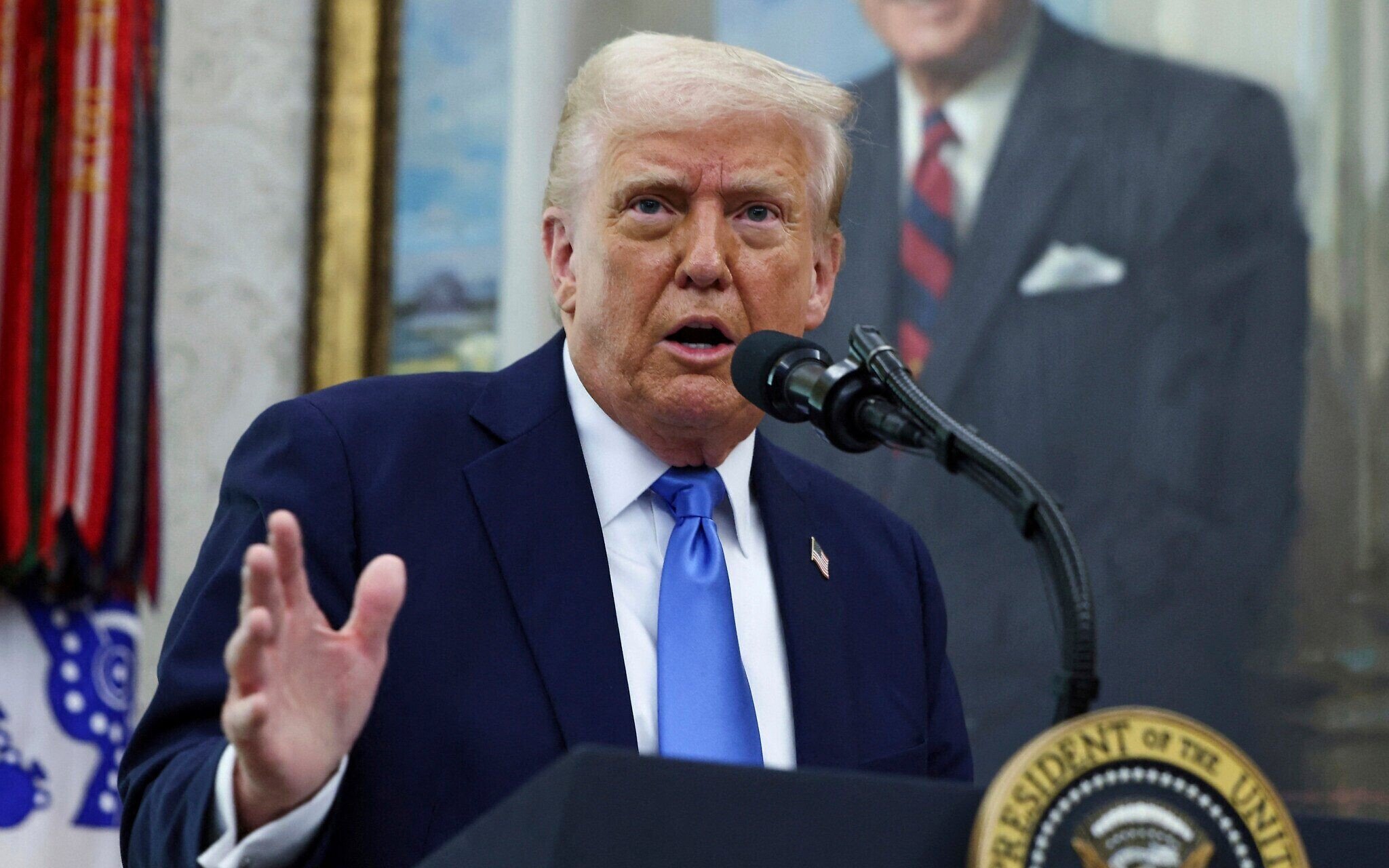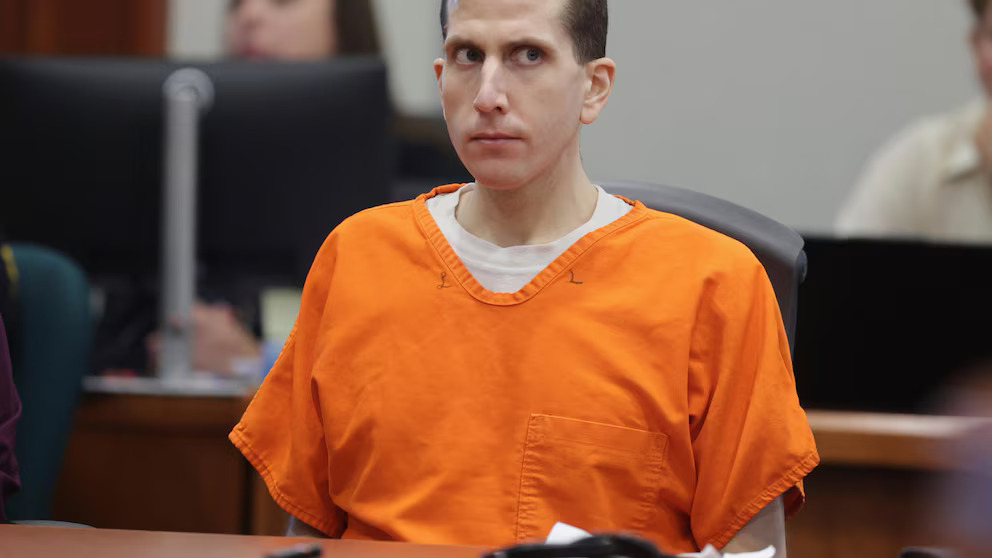
President Donald Trump has said that negotiations between the United States and Iran would resume soon, a crucial move towards de-escalation after recent military att@cks and a tense but short-lived increase in tensions in the Middle East.
Trump said during a July 7 meeting at the White House with Israeli Prime Minister Benjamin Netanyahu, We have set Iran talks. They desire to speak.
Though Trump never gave a particular date or place, his special envoy to the Middle East Steve Witkoff informed reporters afterwards that the talks would be held in the next week.
This is after only two weeks when the U.S. attacked three Iranian nuclear plants followed by Iranian missile strikes in response on a U.S. military base in Qatar.
That short war was preceded by an Israeli military action against Iran and the United States entered the war on June 21, a move that Trump termed as a necessary effort to eliminate a growing menace.
The situation was less tense on June 23, when Trump declared the brokering of a ceasefire between Israel and Iran, whereby the conflict was unlikely to escalate into a regional war.
U.S. is now swinging back to diplomacy.

Iran Wants Peace, Says Trump, who adds: They are Very Different Now
In his comments, Trump indicated that the posture of Iran has changed over the past few days.
They are trying to play something up, he said. They are quite different now as compared to two weeks back.
Although the authorities refused to comment on the details, it is assumed by analysts that the overall pressure of the U.S. and Israeli militaries, as well as deep economic sanctions, is what prompted Iranian officials to rethink their approach and resume negotiations regarding nuclear energy.
READ ALSO: Trump’s Tariff Countdown: Who Gets a Deal and Who Gets a Bill?
As several people in the administration say it is probable that talks will revolve around re-imposing restrictions on the uranium enrichment program within Iran which has continued to grow over the past few months since the failure earlier to agree to similar terms.
Background: The intensification of the Tensions
Throughout 2025, the Trump administration had been engaged in active talks with Iran to put a check on its nuclear ambitions, especially in terms of uranium enrichment and the production of centrifuges. But those diplomatic efforts started to fall apart earlier this month following U.S. intelligence that indicated that Iran was secretly continuing to develop its nuclear infrastructure.
Next, on June 17, Israel conducted a series of airstrikes on suspected Iranian nuclear facilities on the basis of a threat to national security. U.S. followed suit four days later, where Trump declared coordinated airstrikes on three Iranian nuclear sites.
Iran reacted in 48 hours by launching a missile attack on an American base in Qatar injuring some service members and raising concerns of a more extensive conflict.
Trump, nevertheless, acted swiftly, brokering a ceasefire, which was achieved in two days.
It is back to diplomacy now, but the skepticists are still doubtful as to whether any of the sides would go to considerable compromises.
Smart Pressure or Strategic Risk?
According to critics, Trump has been aggressive in his moves, which could have easily led to a regional war. But the lobbyists argue that the policy of maximum pressure, a trademark of Trump foreign policy, has once again put his enemies at the table.
A senior White House official, speaking on the condition of anonymity, said the strike was not the end objective but a tool to re-initiate serious dialogue. Now, Iran is aware that we are serious.
Other foreign policy experts concur.
It is a risky tactic, which seems to have paid off in getting Iran back to the diplomacy table at the moment, according to Dr. Melissa Kaufman, a senior fellow at the Center for Strategic Policy Studies.

Next Steps: A Precarious Way to Peace
As a temporary truce exists between Israel and Iran, the next U.S. and Iran talks might either solidify that peace or ensure its breakdown, as each of the sides might place on it something different.
According to the officials, it is expected that the U.S. will insist on permanent limitations on the nuclear program of Iran, as well as increased access to international inspectors. As an exchange, the Iranians can demand the lifting of punishing sanctions, which have highly affected its economy.
There are also American allies in the region, i.e. Israel, Saudi Arabia, and the United Arab Emirates, who are pressuring to ensure that Iran is not renewing subterranean nuclear programs.
READ ALSO: Married Paramedic Gets 10 Years for Secretly Giving Ab0rtion Dr@g to Pregnant Mistress
Trump and Netanyahu made no particular comment regarding the role that Israel could have in the talks, yet the two leaders described their mutual interest in the stability of the region.
Netanyahu told Trump they were collaborating to ensure there was a possibility of peace and that it was real.
Uncertainty Ahead
In spite of the optimistic note, a lot of spectators caution that trust is tenuous. Iran has not officially affirmed planned negotiations, and certain authorities are concerned that diehards in Tehran will oppose all compromise towards the U.S.
At this point, it seems that both nations are ready to negotiate, although, tensions being as recent as they are, nobody can be sure about the success of them.





